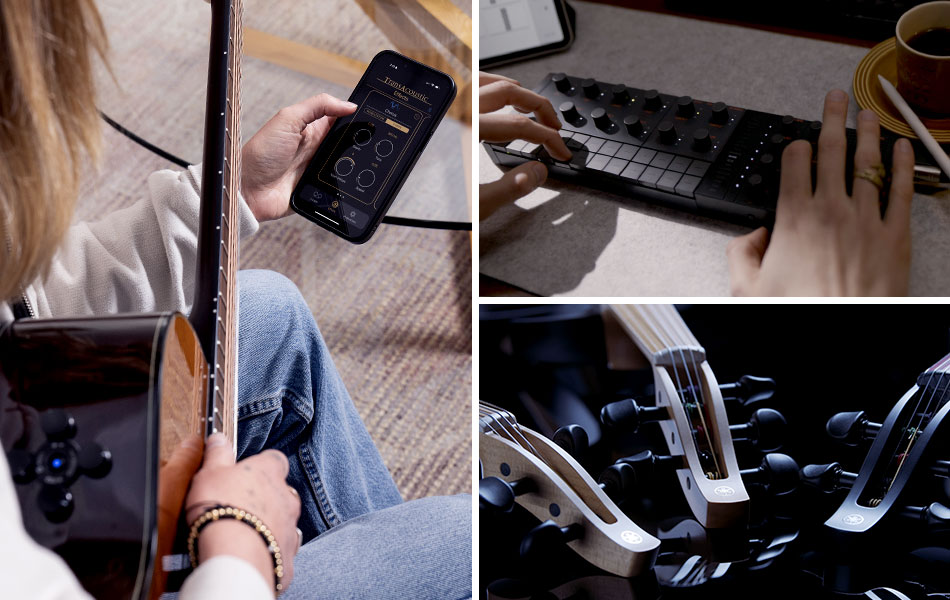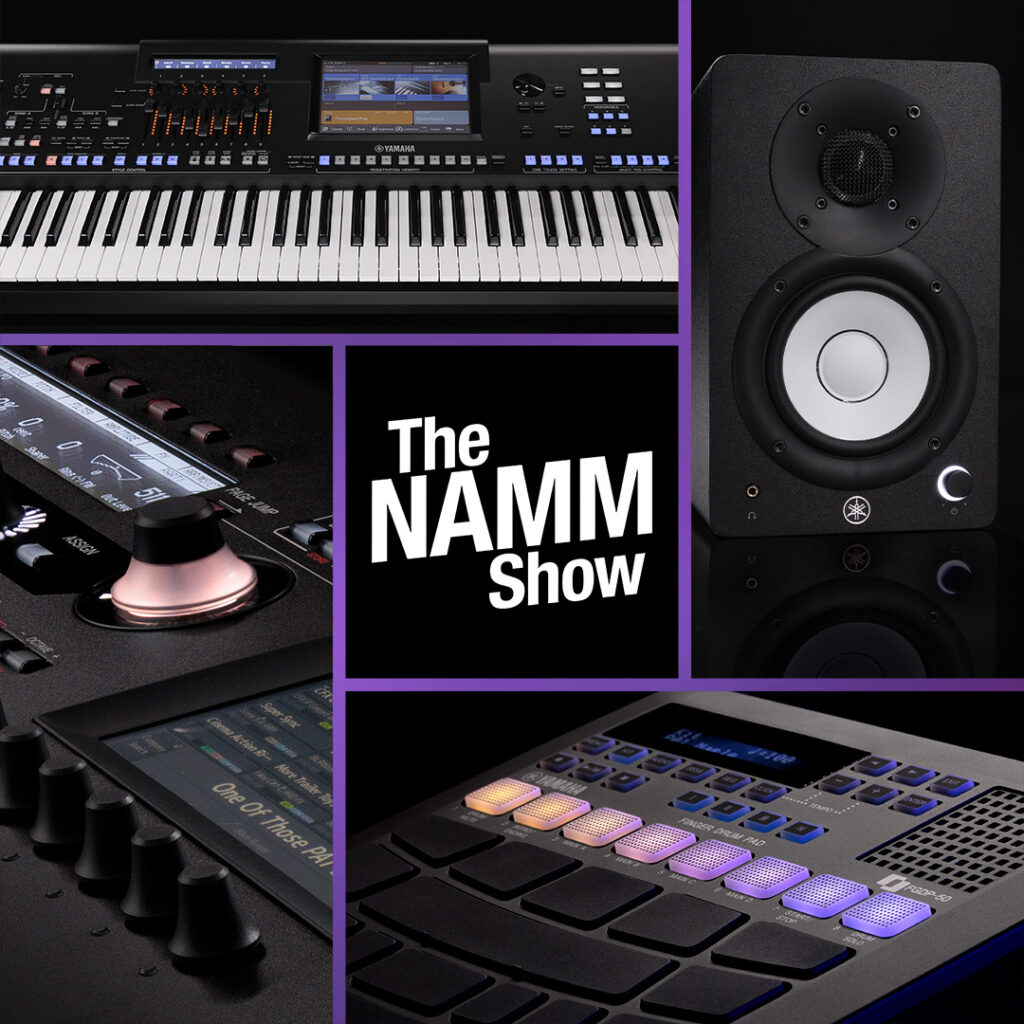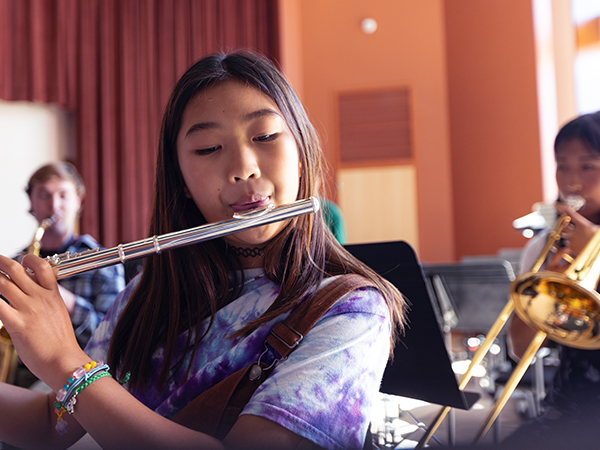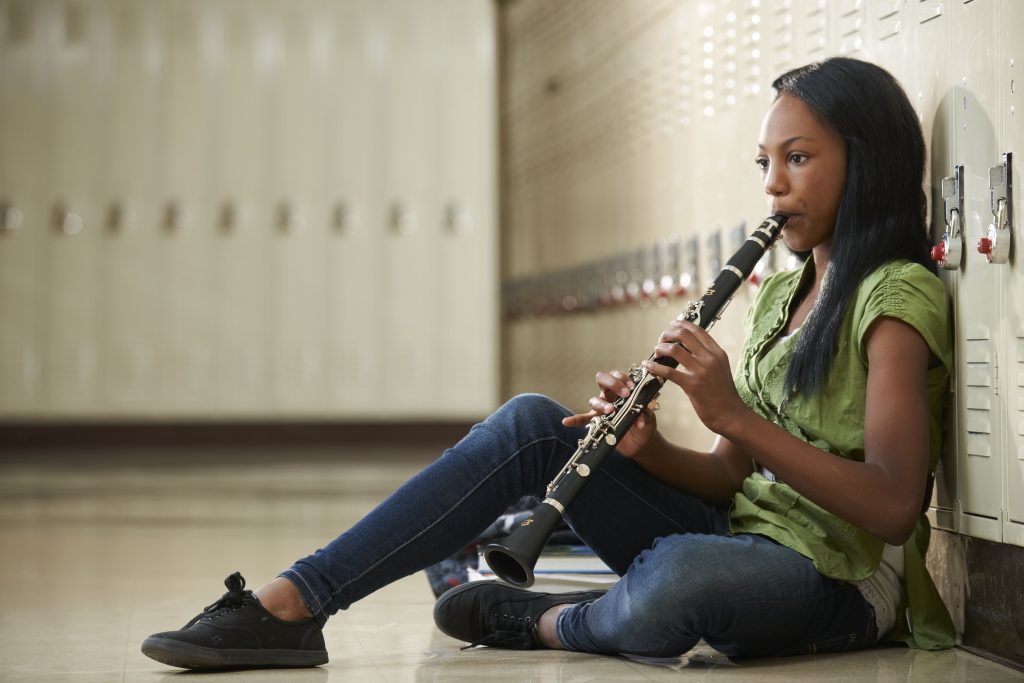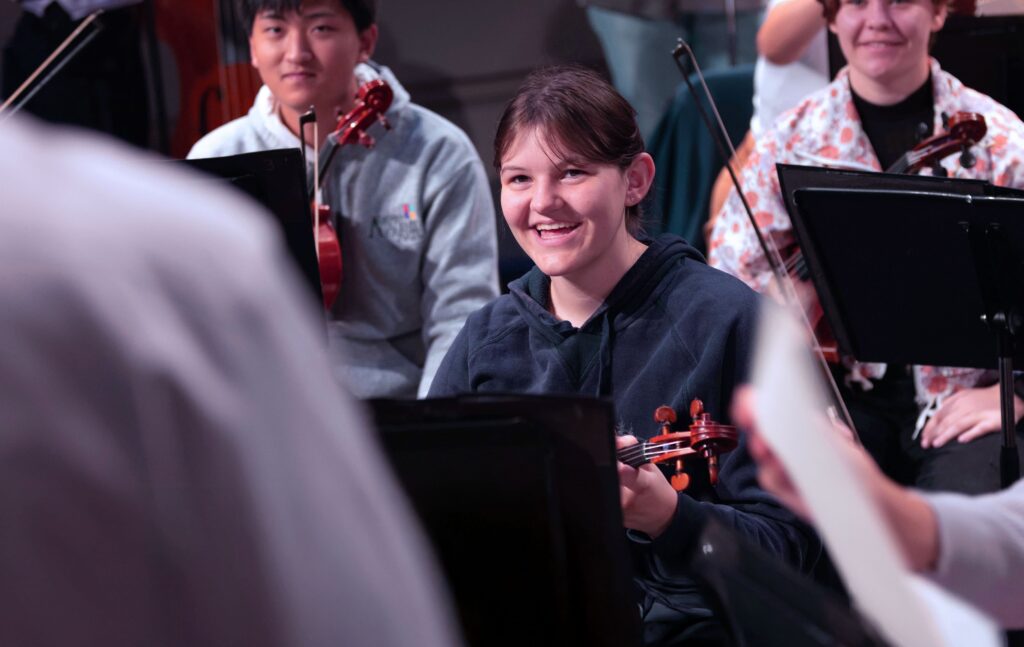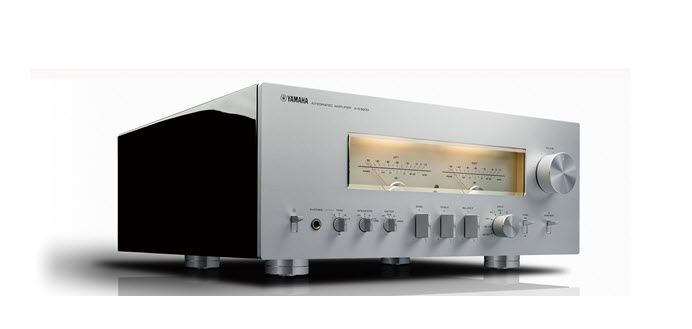The Pianica: A Great Way To Start a Musical Journey
Because making music should be easy and fun.
Do you know someone who has a secret desire to play songs and make their own music, but doesn’t know where to begin? Is there a child in your life who would thrive with the benefits a musical education brings to a growing brain? If so, a Yamaha Pianica might be the perfect gift!
The Pianica is a small, portable keyboard that’s breath-powered; all that’s required is to simply blow air into it while pressing down the keys. While the sound it makes is similar to an accordion or a harmonica, it uses the same notes and familiar black-and-white keys as a piano. This makes it easy for anyone to get started playing the instrument, since they can choose from thousands of easily available piano book and sheet music titles to learn the notes to their favorite songs.
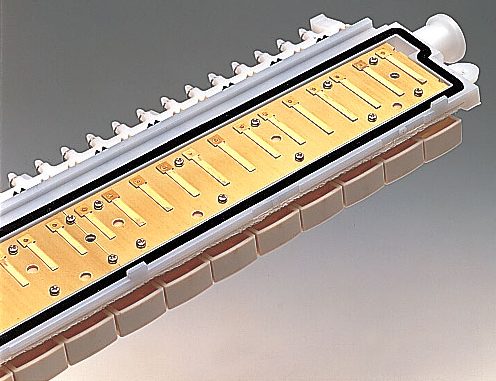
Yamaha first introduced the Pianica way back in 1973. It’s the company’s version of what is known more broadly as a melodica or a keyboard harmonica. Actually, “keyboard harmonica” is a great way to describe these instruments, since that’s essentially how they work. Like a harmonica, sound is produced when air blows across a thin strip of metal called a reed in order to make it vibrate. But while a harmonica requires you to carefully blow into small holes to play a specific note, the keys on a Pianica redirect the air to blow across the individual reed that’s tuned to that note.
So how difficult is it to play a Pianica? Not difficult at all! In fact, just about every elementary school student in Japan learns to play music on a Pianica. The standard piano-like keyboard makes it intuitive to learn scales, chords, and the relationships between natural notes and accidentals (sharps and flats). And because these instruments are made from lightweight and durable plastic, they’re easy to carry around. Several Yamaha Pianica models even include color-matched durable plastic carrying cases that are tough enough to last in a child’s hands.
Pianicas can be played in two different ways. For those who prefer a traditional two-handed piano approach, the instrument can be laid flat on a table, with both hands used to work the keys. In this configuration, air is blown into a long flexible tube to get the sound started. Alternatively, if the player prefers to be mobile, the Pianica can also be held and played vertically, with the air blown into a fixed mouthpiece. This is a great choice for playing on stage or while walking around — it even allows the player to act as traveling troubadour at a party!

For more experienced players, the Yamaha P-37E models come with a soft zippered carrying case that makes it easy to take the instrument anywhere. These instruments were built to appeal to a more mature player, with internal design changes that produce a softer and more mellow sound quality than the brighter models often used in schools. All of this combines with a sleek and stylish look to make an instrument that fits in with the décor of anyone’s home as well as onstage.
Whether you’re buying a gift for a friend or relative hoping to discover or rediscover the joy of making music, or you’re a parent who wants to introduce your child to music for the very first time, Pianicas are an easy and fun way to get started.
Check out the video:
Click here for more information about Yamaha Pianicas.













